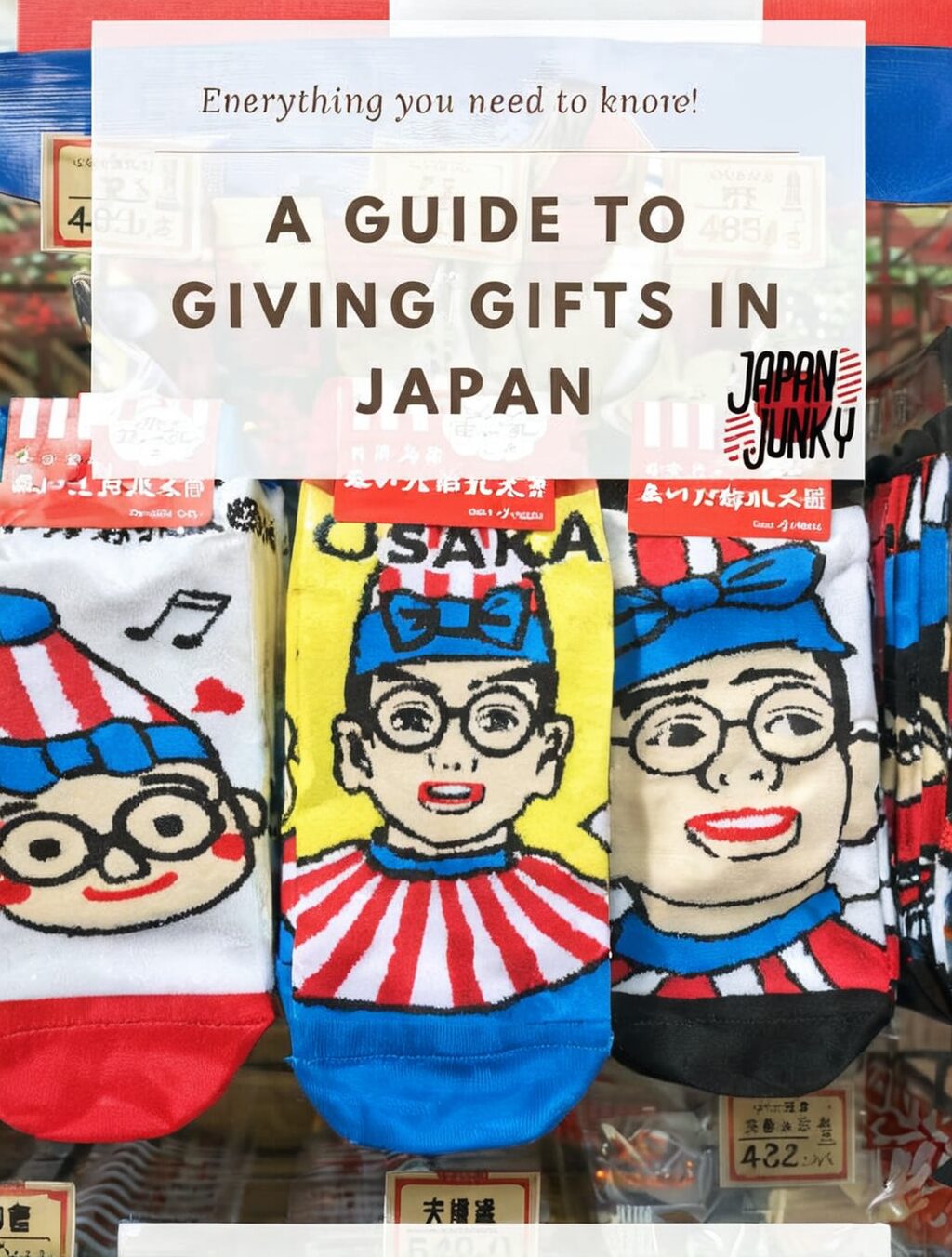Gifts to Avoid in Japan
Win a Free Trip to Japan!
Experience cherry blossoms and ancient temples
Knowing what gifts to avoid in Japan is essential for a respectful and successful gift-giving experience. While gift-giving is an important part of Japanese culture, certain items are considered inappropriate or even offensive. Here are some common pitfalls to avoid when choosing a gift for a Japanese recipient:
- Sharp Objects: Items like knives, scissors, or swords are associated with violence and aggression, and should be avoided as gifts.
- Black or White Items: Black is associated with mourning, while white is associated with death. Avoid giving gifts in these colors, especially during celebratory occasions.
- Green Hats: In Japan, green hats symbolize infidelity. Giving someone a green hat, even unintentionally, could be seen as a major insult.
- Used Items: Giving used items as gifts is generally considered失礼(失礼,失礼) impolite, as it implies that the recipient is not worthy of something new. Exceptions may be made for antiques or heirlooms with sentimental value.
- Certain Flowers: Some flowers, such as white lilies and camellias, are associated with funerals and should be avoided as gifts for happy occasions.
- Alcohol and Tobacco: While alcohol and tobacco are not strictly taboo, they are not considered appropriate gifts for superiors or people you don’t know well.
By following these guidelines, you can ensure that your gift is received with appreciation and respect, and avoid any potential faux pas.
FAQs
Q: What are some appropriate gift ideas for Japanese recipients?
A: Safe gift options include traditional Japanese items like tea sets, fans, or calligraphy brushes, as well as consumables like snacks, sweets, or gift certificates.
Q: Is it rude to give money as a gift in Japan?
A: No, giving money in a special envelope called ご祝儀(ご祝儀,ごしゅぎ) is a common and acceptable practice for certain occasions like weddings or funerals.
Conclusion
Navigating the complexities of gifts to avoid in Japan can help you make a positive impression and build strong relationships. By respecting Japanese customs and avoiding potentially offensive items, you can ensure that your gift-giving gestures are received with gratitude and appreciation.
